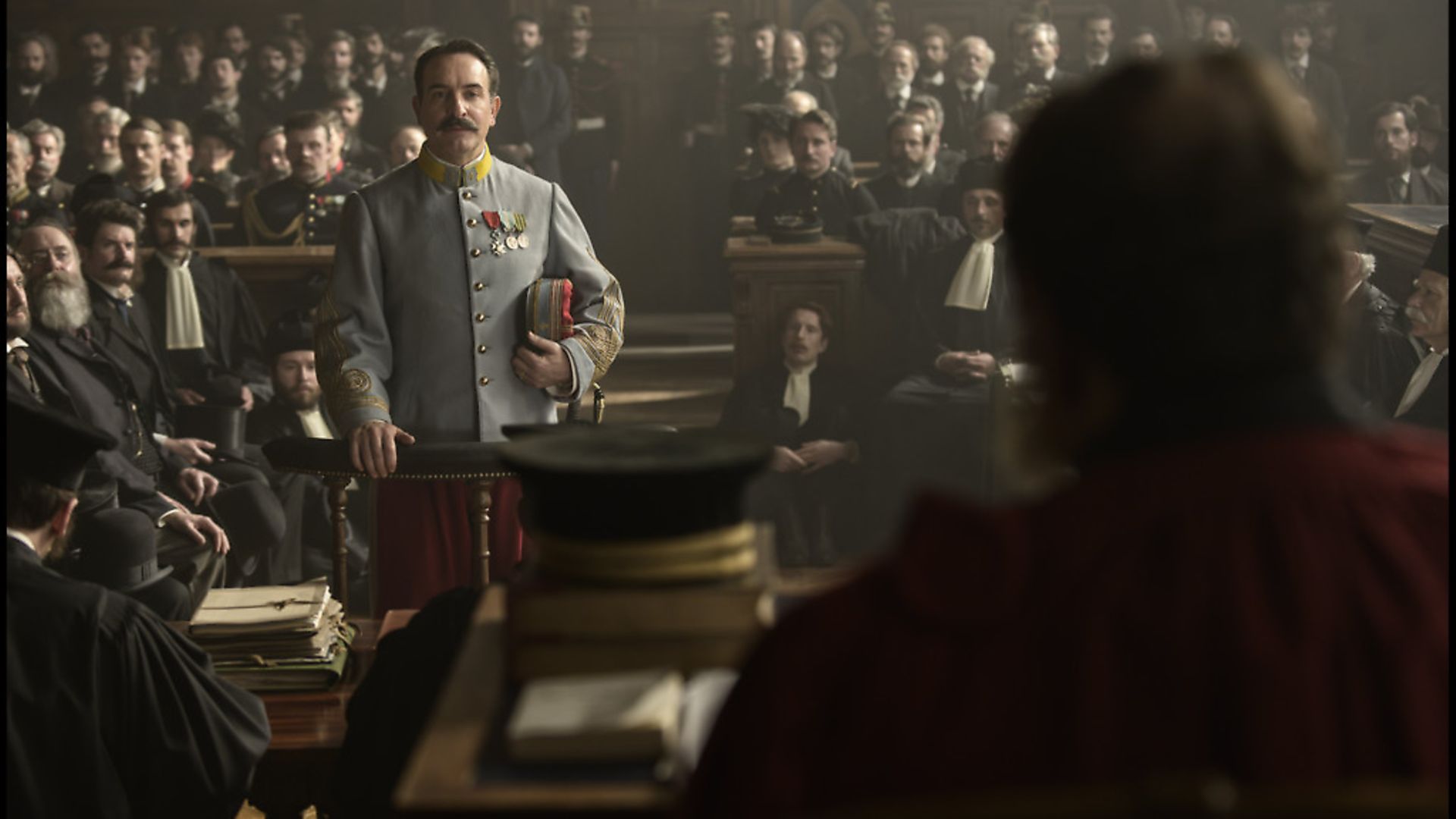
Without even showing up, Roman Polanski managed to dominate the 76th Venice Film Festival. Of course, if he had appeared, the 86-year-old film-maker and fugitive rapist might have been extradited to the US to face the charge he fled in 1977. That would have been some drama.
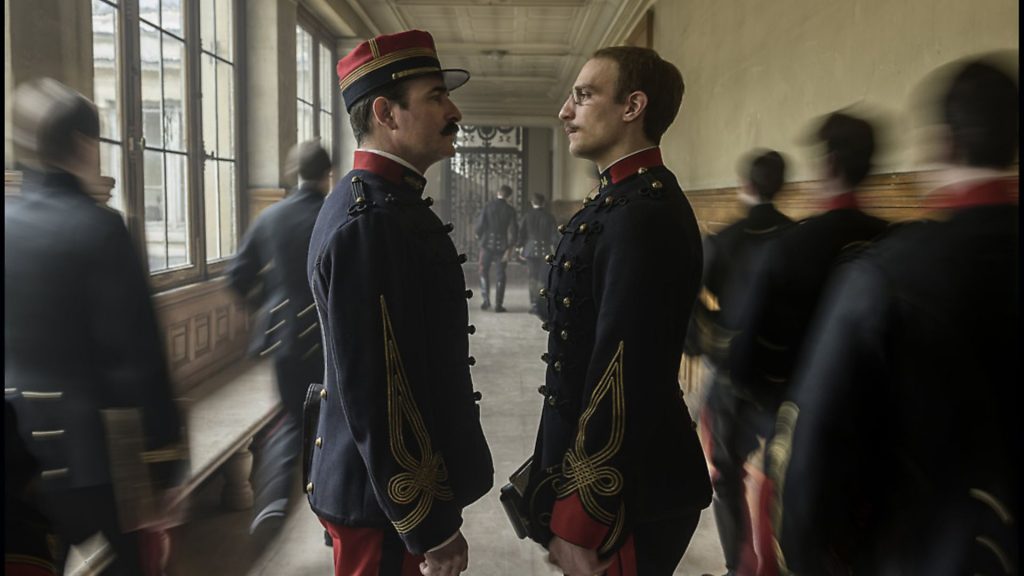
It was rumoured that he’d be attending the press conference for J’Accuse, his latest film, via Skype. But that didn’t happen. His actors and producers showed and he did send along his wife, Emmanuelle Seigner, to face questions, although all she did was say she couldn’t speak for her husband even if she had now made six films with him, that it was “easy to understand why he felt persecuted” and that today was actually their 30th wedding anniversary. People clapped. It was strange. Particularly as she, playing the film’s only female character, a mistress, really doesn’t have a very good part.
Polanski was certainly on trial in absentia at Venice, and the storm had been brewing ever since the festival director Alberto Barbera included J’Accuse in the competition for this year’s Golden Lion.
Many in the #MeToo climate of course say Polanski shouldn’t be allowed to make films and certainly shouldn’t be feted by festivals or awards bodies – remember, he was booted out of the Academy last year, a decision over which he is now suing them.
So there was festering consternation before any films had even began to show, when this year’s Jury president, feminist Argentinian film maker Lucrecia Martel, said that, in solidarity with the many female victims of abuse she represents in charity work, she would not attend the gala for Polanski’s film.
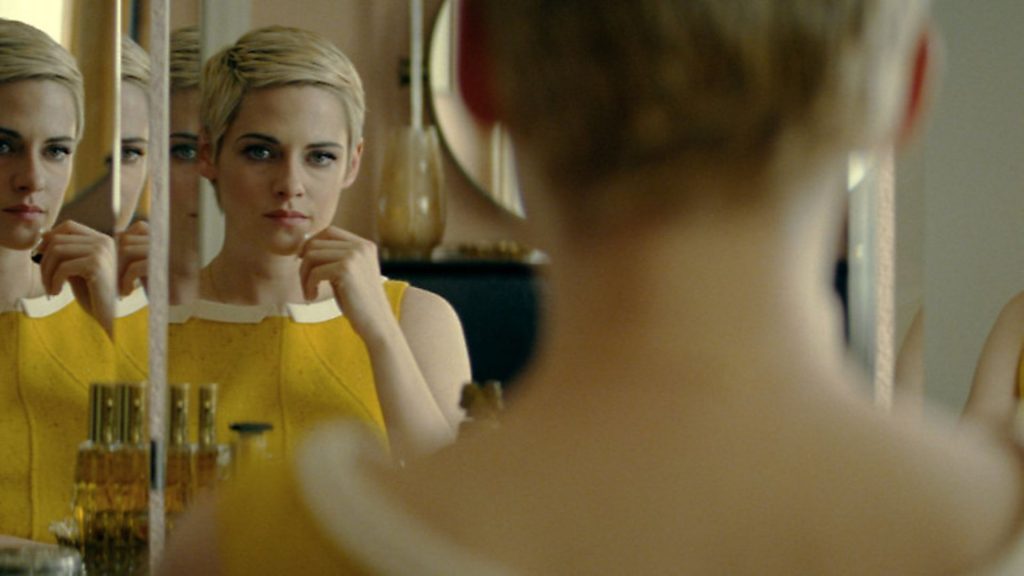
The movie’s Italian co-producer Luca Barbareschi threatened to pull the film from the festival and forced Martel to issue an apology, in which she said her comments had been misunderstood and that she would be judging the film without prejudice. Blimey.
The supreme irony is that J’Accuse (An Officer and a Spy) is about the Dreyfus Affair, the infamous 1895 case that had France split in uproar, of a Jewish army officer wrongly accused and imprisoned on Devil’s Island for passing information to the Germans.
And, it turns out, it’s a pretty good film, too, a prestige French-Italian co-production, impeccably performed by excellent French actors, in French, mounted in immaculate period detail and utterly gripping in its measured pace and tone.
If anyone is going to succeed with a film about anti-Semitic persecution and perceived unjust accusations, it’s Holocaust-survivor, Polish exile and Hollywood pariah Polanski, whose films, from Repulsion to Rosemary’s Baby, Chinatown and Frantic have often been powered by a sense of paranoia, of the walls closing in.
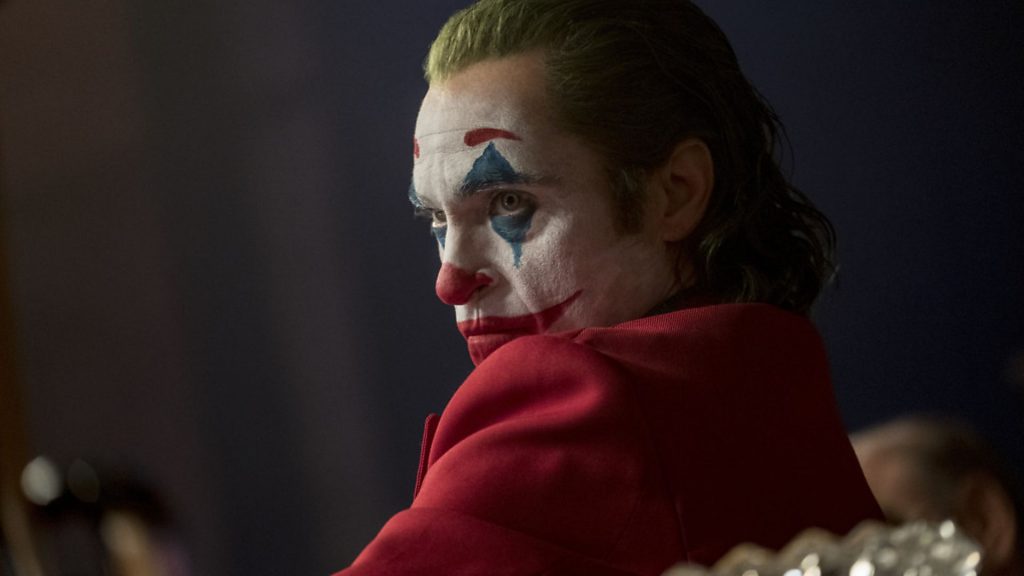
The main focus of this film is not Alfred Dreyfus himself, although the wronged soldier is well-played and represented with noble dignity by actor Louis Garrell. Nor is it about writer Emile Zola, who has often been seen as the key figure in the Affair – probably thanks to Paul Muni in the Oscar-winning 1937 Hollywood film, The Life of Emile Zola – although the author does make a brief appearance and, of course, the publication of his titular polemical article forms a key sequence that unfolds brilliantly.
But this film is really about a figure new to me in the story, a Colonel Georges Picquart, played with charisma, grace and great depth by Jean Dujardin, a French actor better-known for comedy and who won an Oscar for silent film The Artist in 2012. (He does, however, have a passing resemblance to Inspector Clouseau here, and once you get that idea into your head, the film risks total collapse, so I won’t mention it…)
Picquart is appointed head of Army Intelligence and, sensing something awry, begins re-investigating the Dreyfus case, despite orders from above to leave it alone. Picquart’s professionalism and duty drive him onward to seek justice, despite his lack of affection for both Jews and for Dreyfus, once a student under him at military academy.
Polanski plots a detached, procedural path through the complications of history, creating a tense political thriller, complete with early surveillance techniques (cameras, stake-outs, bugging) and detective work.
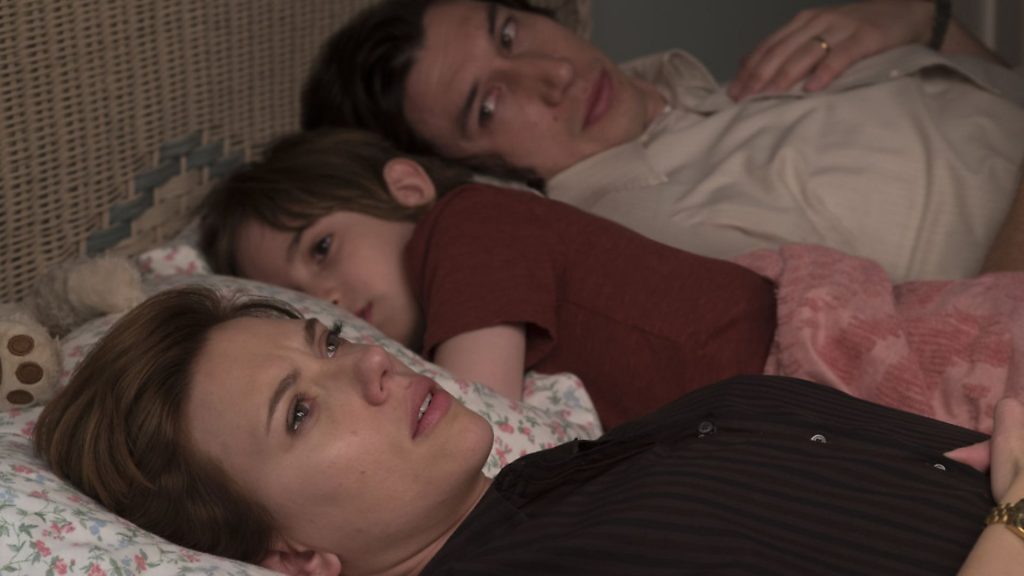
At times, using bewhiskered actors from the Comédie Française theatre company, it has the air of a theatre production, albeit a very good one that allows performers of the calibre of Gregory Gadebois (superb as the bumbling yet dangerous Lieutenant Henry) and Herve Pierre (as the bumptious, deceitful General Gonse) to shine through the make-up, cigar smoke and military costuming.
How much all of this can be labelled as personal to the director is speculation, but the story of a man trying to clear his name amid persecution and racism surely rings many bells, or alarms, depending on one’s position.
Based on Robert Harris’ book of the Affair (the pair worked together on The Ghost Writer), J’Accuse is finely crafted and clear-eyed, with every mention of the word ‘Jew’ stinging keenly – the word was never uttered in the 1937 film but occurs regularly here as the epithet for Dreyfus.
Good – and indeed important – as the film is, it will not be enough to dampen or relieve the controversy around the man who made it. In defending his decision to select the film – at the expense of, for example, another female film-maker – Venice Festival director Barbera compared Polanski to Caravaggio (who is said to have killed a man), which felt a bit over the top, even here in a city dedicated to art.
The film’s producer Alain Goldman rather more reasonably stated that films such as J’Accuse are vital documents amid the rise of anti-Semitism and racism around the world, particularly in Europe.
“Cinema is one of the ways to counter ignorance, which is probably at the roots of what happened through the 20th century… including the Holocaust,” he said. He called Picquart an exceptional man who “could give a lot of hope for the generations to come and inspire them to strive for justice and truth”. That much is inarguable and surely renders the film itself worthy of our full attention.
Five more of Jason Solomons’ picks from Venice:
Marriage Story
Venice has had a knack for generating early Oscar buzz in recent years – Birdman, Spotlight, Gravity, and La La Land all debuted on the Lido – and the film that came out strongest in this regard was Noah Baumbach’s bittersweet divorce comedy, a Netflix production, featuring career-best performances from Scarlett Johansson and Adam Driver.
They play a couple – he’s Charlie, an avant-garde theatre director on the Brooklyn fringe, she’s Nicole, his lead actress and muse and a former Hollywood teen star – with a young son, Henry.
Nicole decides to move back to LA to star in a TV pilot and realises the marriage has been suffocating her. She gets in a lawyer (a superb Laura Dern) and the process slowly wrecks them all, emotionally and financially. Channelling Bergman and Woody Allen, Baumbach brilliantly maintains a comic tone, even while the scenes ratchet up the rancour.
Driver is just magnificent as Charlie, quite easily becoming the finest, most unpredictably watchable actor of his generation.
Seberg
More French actress mythology mining came as Kristen Stewart played Jean Seberg, the iconically gamine star of A Bout de Souffle and Bonjour Tristesse, an American who won the heart of Paris. But in this film, directed by Australian Benedict Andrews, Seberg returns to Los Angeles in 1968 and lends her support to the Black Panthers, alerting the FBI to her activities and leading them to mount a campaign to ‘neutralise’ her.
Vince Vaughn and Jack O’Connell play the agents who drive her to madness in an extraordinary story I admit I never knew. Stewart is extremely watchable and beautiful in a selection of Chanel outfits, even if she doesn’t quite get under the skin of Seberg’s complex story. It’s a very tasteful-looking film, always interesting if never quite explosive, revealing a shocking bit of Hollywood history that reclaims a powerful female narrative and voice for its star.
Joker
Ok, so Joaquin Phoenix isn’t half-bad either, even if he belongs to that batch of performers who emerged in the 1990s. He is undeniably impressive as Joker, delivering a performance full of manic, wiry energy and rubbery danger, a mix of Ace Ventura and Travis Bickle. But the film, I didn’t like.
I should mention straight off that it doesn’t look like a superhero movie at all – even if it is unmistakably an origins story from that DC universe – but more a gritty, urban decay thriller, riffing on (or ripping off) Taxi Driver and The King of Comedy, while Phoenix’s skin-and-bone physique certainly owes something to the famous physical transformations of Raging Bull. Set in a garbage and graffiti-strewn Gotham in the late 1970s/early 1980s, the Scorsese homage/pillage is completed by the presence of Robert De Niro himself as a late night TV host on whose show Joker’s failed stand-up comedian and fired clown somehow gets asked to appear. I found it a nasty, toxic piece of work, though the cinema in which I saw the film exploded with wild applause at the end. We live in divided times, and maybe this is the blockbuster we deserve.
Yet for me it was an ordeal of unpleasantness, which gave Phoenix way too much room to over-indulge his performance without deepening our understanding of a deeply troubled character. Arthur Fleck suffers from a mental condition, gets a taste for murder, becomes a symbol for anarchy on the streets and sparks riots against the rich, represented by future Batdad Thomas Wayne.
“Funny, funny how? Like I amuse you, like I’m a clown?” goes one of Scorsese’s famous lines from Goodfellas and there’s definitely a bit of Joe Pesci’s Tommy DeVito in Phoenix’s performance, too. But wit is missing from the film (why are stand-up comedians in movies never funny?). Knife-edge though Arthur may be, tension is absent for long periods, until the finale explodes with an uncomfortably gleeful menace. I found the film confused and dangerous – morally, not technically – and I’m not sure this director (Todd Phillips) can handle such incendiary material. There’s brilliance here, as there is in many a bad guy, but this taxi is too fast, too powerful for its driver.
The Truth
Curiously, Venice opened with Cannes-winning director Hirokazu Kore-Eda’s first film since his Shoplifters won the 2018 Palme d’Or and his first outside his native Japan. Set in Paris, and mostly in French, it might have seemed a nailed-on Cannes fit, especially as it stars Catherine Deneuve and Juliette Binoche, as a mother and daughter. But it made an enjoyable if unspectacular opener here, a playful drama about a diva actress writing her memoirs and appearing in a sci-fi film while her script-writer daughter visits from New York, her own little daughter in tow, as well as her recovering alcoholic bit-part actor husband, played by Ethan Hawke. Amid the family recriminations and nearly-dramatic confessions, Deneuve dominates with a crackingly haughty performance, one you feel she contributed much to, including introducing the still-haunting presence of a lost relative referred to as Sarah. She must surely be based on Deneuve’s actor sister Francoise Dorleac, who died in a car crash in the 1960s. It’s no masterpiece, but Kore-Eda handles it with a lightly guiding, winsome skill.
The Perfect Candidate
The paucity of female film makers in the line-up was the other big talking point of Venice – as it was last year, when there was only one female director. This year saw that double to two in the main competition, which felt wilfully rubbish of the selectors, as if they wanted to piss off half their audience. While many films – such as The Truth, Seberg, Marriage Story – had female experience, voice and characters at their heart, the work of Saudi Arabia’s first-ever female director Haifaa Al Mansour was the most obviously significant of these, following up her 2012 Venice debut Wadjda (about an 11-year-old girl wanting a bicycle) with another story of female determination.
It’s the story of a woman doctor who, campaigning to get the road to her clinic built, ends up running for local election. Even though she isn’t allowed to address male voters directly (Can women even vote there?), and can’t get permission to travel without authorisation from a male guardian, she battles through, taking on tradition and the law with passion and calm resolve.
The film makes its points elegantly if bluntly – how else are you going to get through in such a society? – and, although it is always fascinating, indeed. Eye-opening as it literally lifts the veil on life in the rarely-filmed kingdom, the very fact of its existence is probably what’s most remarkable about it. And that may be what wins it an award, meaning Venice, the world’s oldest film festival at 76, will end up on the right side of history after all.










